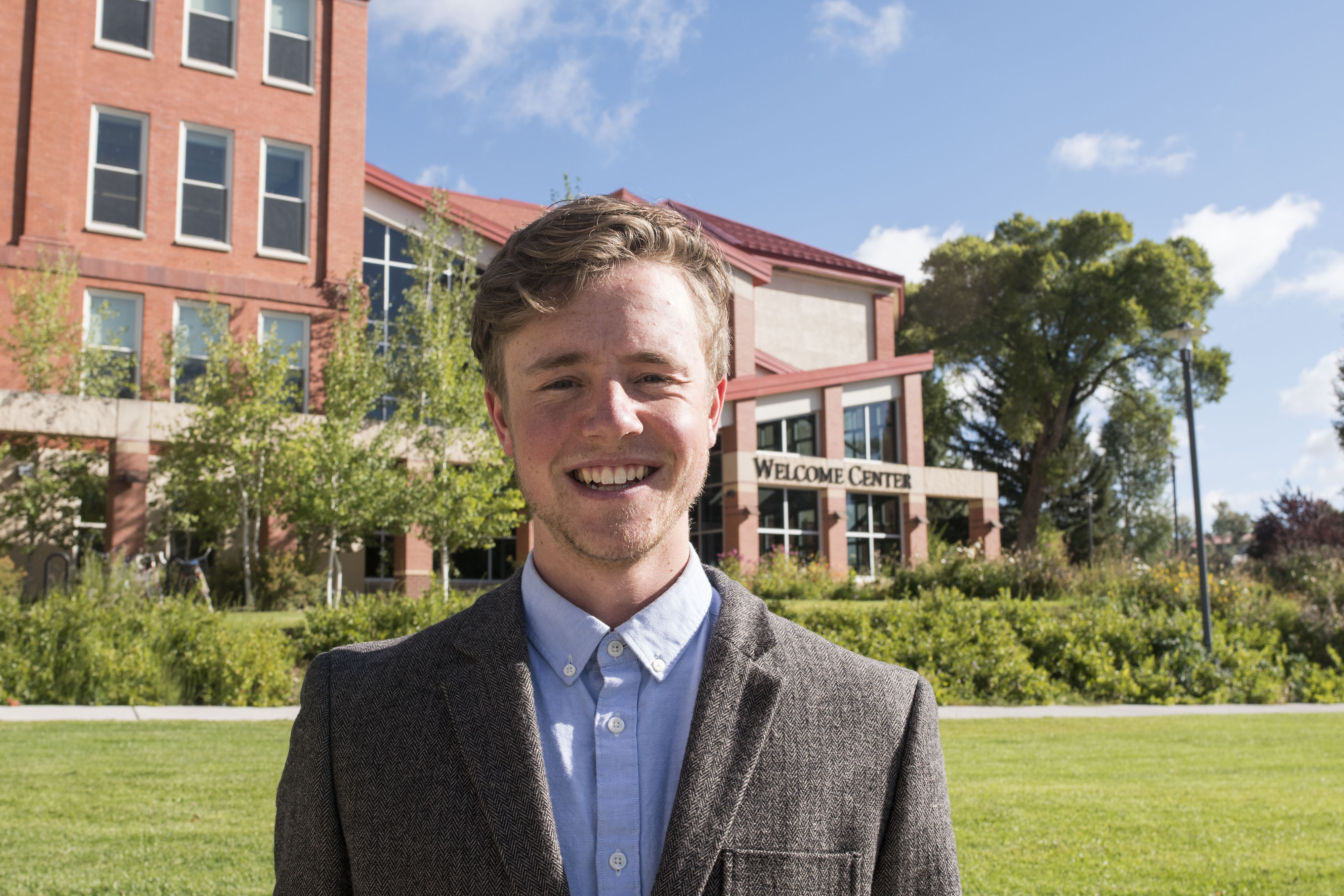
12 May Jake Burchmore: Mountain Resilience in Action
Western State Colorado University students in the School of Environment & Sustainability plan a trip to the Himalayas starting May 17. Their goal is to build a mountain partnership and sister city relationship between the towns of Gunnison and Majikali, India. Western students in the group also hope to help locals solve some of the challenges their community faces on the ground. The effort is part of the newly formed Mountain Resilience Coalition, which includes the Telluride Institute – and Telluride local/Western State student Jake Burchmore. To support the students efforts and to follow their trip through blogs, videos, and photographs, please go to their crowdsourcing site here.
Please scroll down to listen to Jake’s podcast. To watch a video about mountain resiliency and to learn more about Jake’s group, go here.
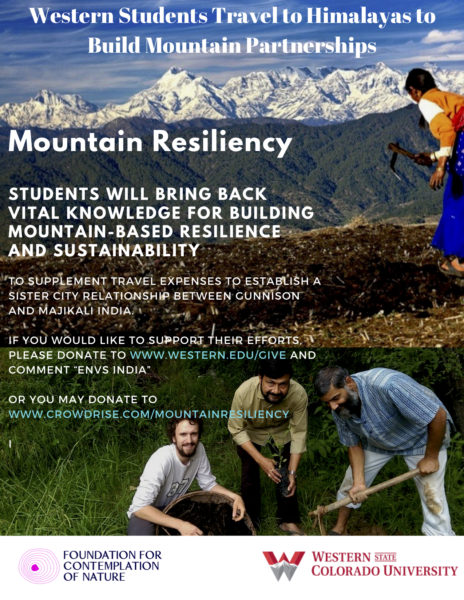
If Parkland is an example, we can count on Generation Z – anyone born 1996+ – to change the toxic socio-political-cultural dialog.
And to clean the swamp.
Literally in the case of Telluride local – and emerging global citizen – Jake Burchmore.

Jake Burchmore
Jake is a self-described “interdisciplinary student, photographer, cinematographer, explorer, and environmental activist,” currently studying the environment and sustainability at Western State Colorado University.
Under the direction of Dr. John Hausdoerffer, Dean of the school of ENVS, the program is designed to help young people understand and address environmental challenges by pairing small indoor classes with the vast classroom of the Southern Rockies. The Big Idea is for students to come to an understanding of ecological systems, analyze the environmental and social impacts of societies, and experiment with sustainable solutions to those impacts.
As part of that experiential course of study, Jake plans to travel to rural India. His group leaves May 17 and returns one month later on June 18.
“Our objectives are to learn about sustainability and resiliency in the rural villages of India. To do that, Western is teaming up with the Contemplation for the Foundation of Nature, our home in Majkhali.”
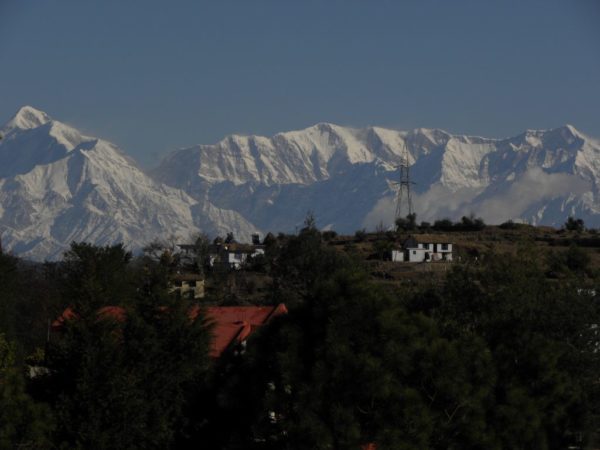
The Foundation is dedicated to providing the experience of a resilient, nature-loving way of life in a rural mountain village. To that end, the institution offers intensives in mountain resiliency and mindfulness meditation.
“We will also be enrolled in classes, workshops, programs, participating in outdoor adventure activities, and practicing yoga and mindfulness. In addition to enhancing our understanding of mountain resilience challenges and identifying solutions, the three-week course includes a trek through the Himalayas and a chance to explore the possibility of a ‘Sister City’ relationship between Majkhali and Gunnison,” adds Jake.
Further, the immersion will inform the School of ENVS’s brand new role as a member of the United Nation’s Mountain Partnership through the newly formed Mountain Resilience Coalition.

Mountain Resilience Coalition group.
The Coalition is comprised of the Aspen International Mountain Foundation (AIMF), the Telluride Institute (TI), and Western State Colorado University’s School of Environment & Sustainability. With the UN’s Mountain Partnership, the collective goal is to help achieve sustainable mountain development around the world.
Specifically that means by tapping the wealth and diversity of knowledge and expertise of and between its global membership, the Mountain Partnership will stimulate concrete initiatives that address threats, improve quality of life and cooperate to help sustain healthy environments in the world’s mountain regions.
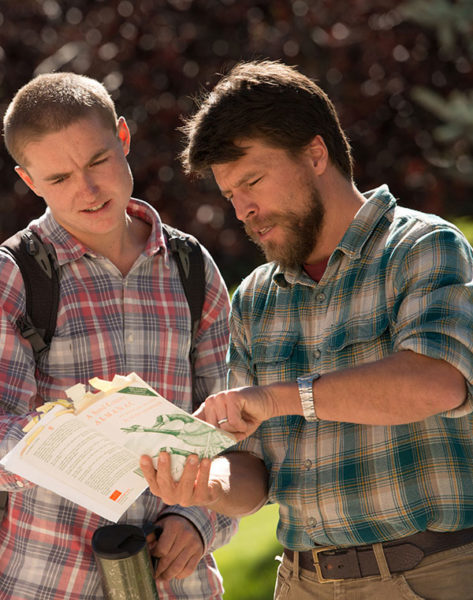
“Dr. John Hausdoerffer recently traveled to Rome with Mountain Resilience Coalition partners to share its vision with UN Mountain Partnership members from over 50 nations,” says Jake.
A vision that plays out in real time when Jake and friends are in India – just one example of the kind of sustainable energy strategies in action the Mountain Partnership will initiate.
“The neighboring village of Sunderkhal is located about five kilometers walk from the main road in Majkhali, where all its infrastructure – primary hospital, secondary school, post office, and bank – is located. Everyday villagers have to walk back and forth through the forest that lies between Sunderkhal and Majkhal. And that includes small children going to school, women seeking wood and water, and older villagers. It is important for all of them to have a small shelter and water point somewhere in-between,” explains Jake. “We plan to build a water tank to provide access to clean water for a main thoroughfare in the forest. Furthermore, our group is working on raising funds which will be dedicated to providing our host families and villagers in need with solar ovens and micro-hydro turbines.”
That said, Jake believes the most important program objective transcends practical solutions:
“My primary goal is to build ever-lasting relationships with people on the other side of the world in addition to empowering my real and digital audience to take action on climate change.”
According to Inc.com, Gen Z, a group characterized as “realistic” and “straight-shooting,” interacts with their global peers with greater fluidity than any other generation. As more of the world comes online, geographies will continue to shrink, resulting in Generation Z viewing themselves and acting as global citizens.
An idea that makes Jake and his friends from Western State poster children for a new and improved world order.
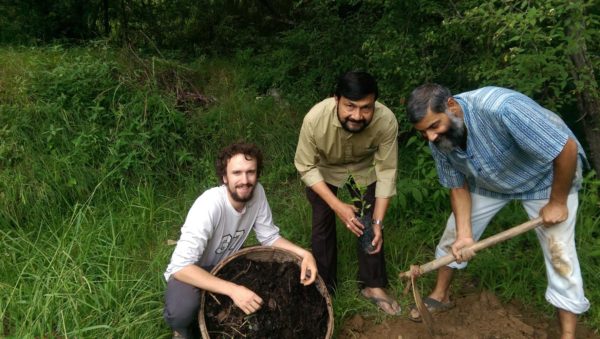
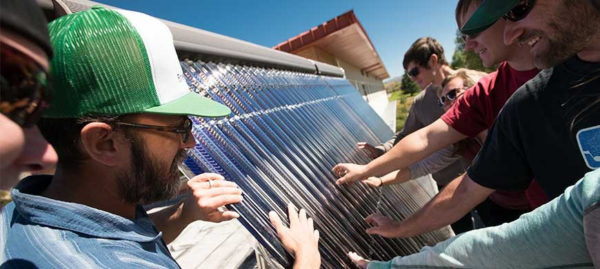
A thousand points of light working in and beyond the mountains can and should make a difference.
Pretty please.
More about Jake Burchmore:
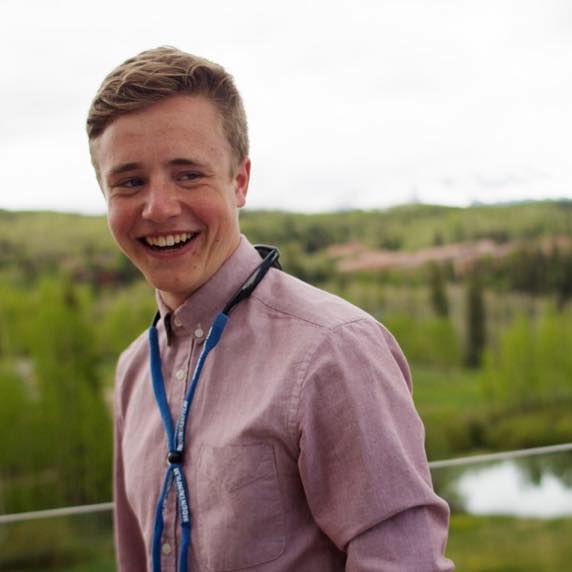
Jake was born in Aspen, but his family moved to Telluride in 1997 when he was just seven months old.
Jake attended Telluride Schools from grades K-12 – except for his junior year when the Rotary Youth Exchange enabled him to study in Denmark.
After graduation, Jake went to Lake Forest College, where he hoped to follow his bliss, which meant skiing, photography and playing soccer – but life threw him a curveball: he did not make the team.
“It took me a 1 1/2 years to understand where life was trying to take me. Following my third semester, I transferred to Western State Colorado University. Although Lake Forest offered a similar curriculum in environmental studies and entrepreneurship, it is hard to beat skiing Crested Butte four days of the week around your class schedule. Not to mention, traveling to India through a course like ‘Mountain Resiliency 397’.”
More about the Mountain Resilience Coalition:
Mountain Regions are at risk.
In this era of climate disruption and diminished water and food security, it is time to look again to the world’s mountain communities as beacons of a more resilient story, stretching from the planet’s headwaters to all communities downstream. In response to this crisis, The Aspen International Mountain Foundation, Telluride Institute, and the School of Environment & Sustainability at Western State Colorado University have formed a triad of Colorado-based organizations called the Mountain Resilience Coalition (MRC).
The MRC partners with the vulnerable, yet visionary places that form the North and Central American and Caribbean region of the United Nations Mountain Partnership. It seeks to give voice to all communities in the region and to model positive change at the UN regarding mountain community health.
The intersection of nonprofit and university commitments offers communication networks, expert research, and get-it-done project collaboration across cultures and hemispheres.
Go here for more.


Sorry, the comment form is closed at this time.